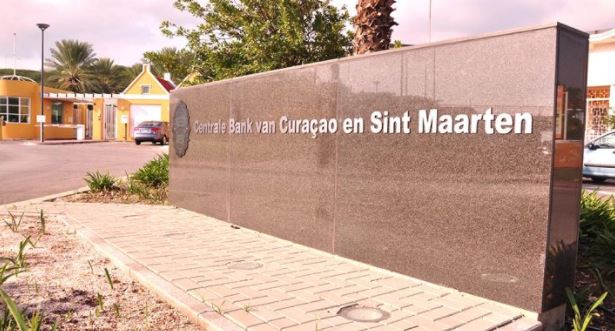Internationally recognized general rules of good governance such as ‘no political interference in state-owned entities’ are also applicable to our Central Bank. This is laid down in the so-called Central Bank Statute. These are, as it were, the articles of association of the Central Bank, but enshrined in law, in order to underline their importance.
Recent publications in the media make one fear the worst about the appointment strategy at the CBCS of our new government. Statements in the media made by the government raise questions. Frightening questions. In the AD of July 9 it is stated that the Minister of Finance of Curacao would have said that he will not follow the recommendation of the supervisory board for (re)appointment of supervisory directors. According to him, the Curacao government would like to appoint ‘its own’ people. It was reported on the government’s website on July 20 that the supervisory directors of the CBCS had been “thanked” for their services and that new nominations were being prepared. According to the AD of July 21, the recommendation of the supervisory board had been rejected by the government. You may think: ‘what does it matter’. Assuming that the media reports are correct, I have to open your eyes: this matters a great deal. What the government apparently wants is not possible at all. It is against the law. So it affects all of us. Our government must follow the law.
The CBCS is the Central Bank of Curacao and St. Maarten. Hence, the Central Bank of two countries. The supervisory directors are appointed by the governments of each of the countries, jointly by the countries (Section 25 Subsection 4, last sentence, of the Central Bank Statute). The government of Curacao can nominate three of the seven supervisory directors. It cannot independently appoint ‘its own’ supervisory directors. Moreover, the government cannot make a nomination without a so-called ‘recommendation’ by the supervisory board. Incidentally, that recommendation had already been made by the supervisory board in April 2021. It is now almost August. And make no mistake: that recommendation is not ‘without obligation’. Without a recommendation by the supervisory board, our government cannot make a nomination. If the Curacao government were to make a nomination for the appointment of ‘its own’ supervisory directors without an underlying recommendation by the supervisory board then the government of St. Maarten is legally held not to lend cooperation in the said appointment because an essential legal requirement has been omitted.
Why is the law so complicated? The answer is simple. Precisely to prevent governments from thinking they can let their ‘own’ people with their own political affiliations call the shots on the supervisory board. The supervisory board of an institution that is essential to our country, such as the Central Bank, must be able to exercise its supervision completely independently. The legally binding procedure is therefore that (1) the supervisory board makes a recommendation to the government, (2) the government makes a nomination on that basis, and (3) the countries appoint jointly. There is no other option.
The independence of the supervisory directors at the Central Bank is, moreover, enshrined in law in Section 18 of the Central Bank Statute. That Section explicitly prohibits the governments of the countries from giving instructions to supervisory directors. Once a supervisory director has been appointed on the recommendation of the countries, they will only serve the interests of the Central Bank, not the ‘own’ interests of the ruling parties. Section 25 Subsection 10 of the Central Bank Statute also states, in so many words, that the members of the supervisory board must be independent. What about ‘own’ supervisory directors? I honestly cannot imagine that our Minister would have said that. There is no such thing as ‘own’. The Central Bank belongs to all of us and even to two countries. So what should the government do? Just follow the law.









